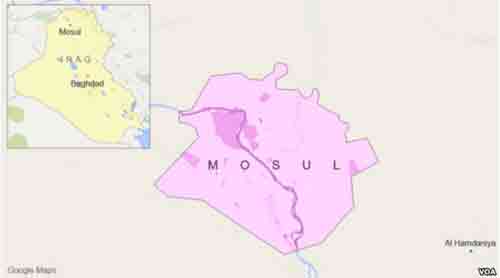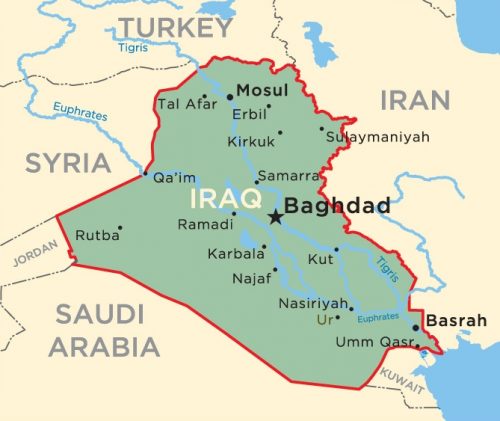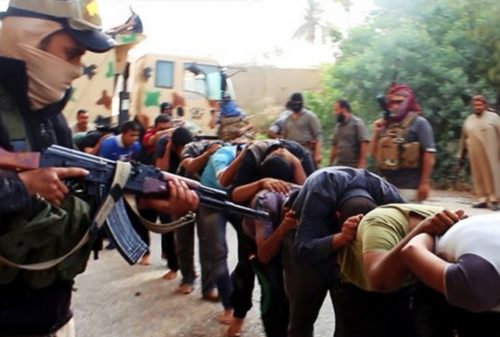 Iraqi officials said Friday government forces have driven out Islamic State militants from the oil refinery town of Beiji, north of Baghdad.
Iraqi officials said Friday government forces have driven out Islamic State militants from the oil refinery town of Beiji, north of Baghdad.
The Islamic jihadists had captured Beiji during their blitz across northern and western Iraq earlier this year.
The town of Beiji is located on a highway leading to the key northern city of Mosul, which largely had fallen under the control of IS militants in June.
Defense Secretary Chuck Hagel said U.S.-led airstrikes against Islamic State militants will intensify in the future as Iraqi ground forces work to become more effective.
Hagel told a U.S. congressional committee Thursday the “tempo and intensity” of the coalition’s air campaign against IS will accelerate in tandem with Iraqi forces as they become stronger.
The defense secretary also said that the United States and coalition forces are making progress in the fight against IS militants in Iraq and Syria, but that the American people must prepare for a long struggle.
He said Iraqi, Kurdish and tribal forces supported by U.S.-led airstrikes have stalled and in some cases reversed the Islamic State group’s advance. But he added IS remains a serious threat to American interests, U.S. allies and the Middle East.
Hagel and General Martin Dempsey, chairman of the U.S. Joint Chiefs of Staff, testified Thursday before the House Armed Services Committee. Dempsey said it is possible that U.S. officials in the future will consider assigning a modest number of American troops to fight along with Iraqi forces in Mosul and elsewhere.
The testimony came just days after President Barack Obama authorized the U.S. military to deploy up to 1,500 more non-combat troops to Iraq as part of the mission to fight IS militants.
Obama administration officials said the president will also ask Congress for $5.6 billion to help fund the campaign in Iraq. The officials said the request includes $1.6 billion to establish an Iraqi train-and-equip fund.








